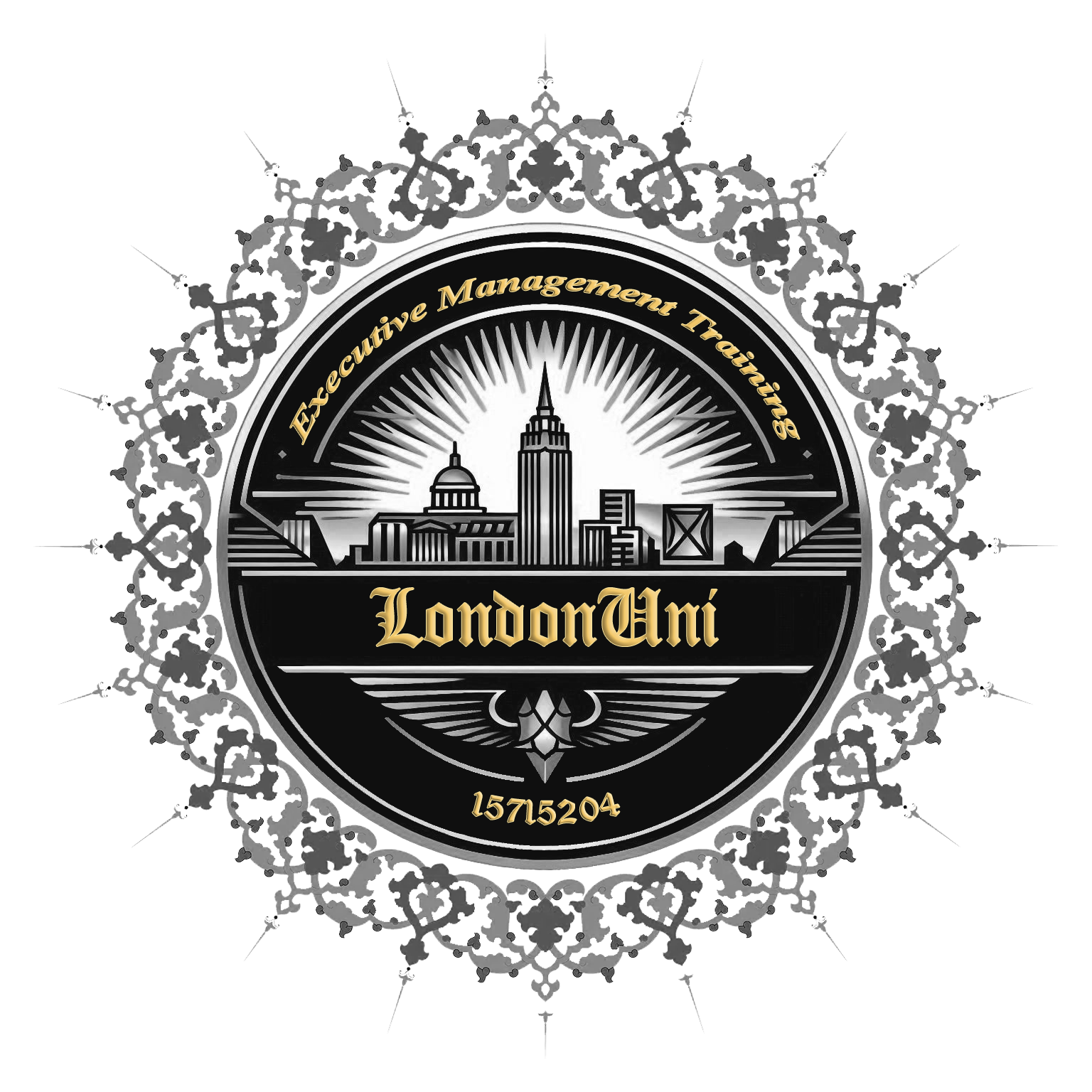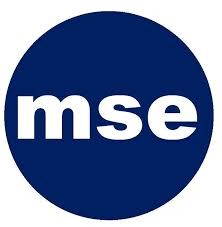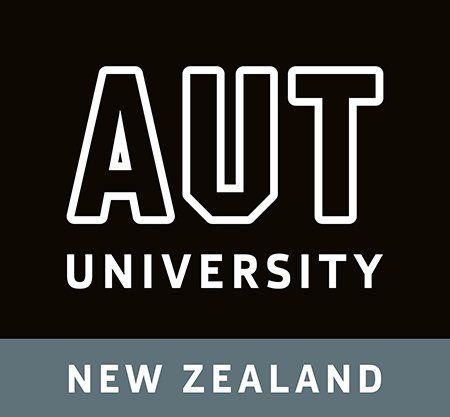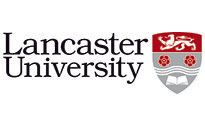
Enhancing Innovation Skills and Streamlining Procedures for Workplace Efficiency
Course ID: 2506304501064EGI
Course Dates : 30/06/25 Course Duration : 5 Studying Day/s Course Location: Istanbul, Turkey
Language: Bilingual
Course Category: Professional and CPD Training Programs
Course Subcategories: Operations and Process Excellence
Course Certified By: * Projacs Academy
* Professional Training and CPD Programs
Certification Will Be Issued From :
KSA
Course Fees: £3,424.06
Vat Not Included in the price. VAT may vary depending on the country where the course or workshop is held.
Click to Pay
Date has passed please contact us Sales@e-s-hub.com
Course Information
Introduction
Harnessing innovation and optimizing workplace procedures are fundamental to achieving organizational success in an increasingly competitive global economy. Companies that encourage creative problem-solving and operational efficiency position themselves at the forefront of their industries, ensuring long-term sustainability and adaptability. Employees equipped with the skills to innovate and streamline processes contribute significantly to productivity, cost reduction, and improved service delivery. However, fostering a culture of innovation and continuous improvement requires a strategic approach that aligns with business objectives and industry best practices.
Organizations frequently encounter challenges when attempting to integrate innovation into daily operations. Common obstacles include resistance to change, inefficient workflows, and a lack of structured frameworks to support process enhancement. Many professionals struggle to balance creativity with efficiency, often leading to missed opportunities for improvement. Without a clear methodology, businesses risk stagnation, inefficiencies, and an inability to respond effectively to evolving market demands. Addressing these issues requires targeted training that empowers individuals with the tools and strategies necessary to drive innovation while maintaining operational excellence.
Effective innovation extends beyond the development of groundbreaking ideas; it encompasses the ability to implement solutions that enhance workplace productivity and effectiveness. By integrating methodologies such as Lean, Six Sigma, and Design Thinking, professionals can systematically identify inefficiencies and introduce improvements that create measurable impact. Understanding the principles of process optimization and continuous improvement enables employees to contribute proactively to their organizations' success. A structured approach ensures that innovation efforts align with corporate goals, fostering a sustainable culture of progress.
Organizations that prioritize efficiency benefit from reduced operational costs, enhanced customer satisfaction, and increased profitability. Employees who possess innovation skills are better equipped to adapt to new technologies, market shifts, and organizational changes. Furthermore, by streamlining procedures, businesses can eliminate redundancies, optimize resource utilization, and improve decision-making processes. The combination of innovation and efficiency enables companies to operate with agility, responding swiftly to industry trends and emerging challenges.
This course is designed to equip professionals with the knowledge and practical skills needed to foster innovation and refine workplace procedures. Participants will explore strategies for enhancing creativity, overcoming barriers to innovation, and applying systematic approaches to process improvement. Through interactive discussions, case studies, and hands-on exercises, attendees will develop the confidence to lead transformation initiatives within their respective organizations.
By the end of this program, participants will have a comprehensive understanding of how to cultivate an innovative mindset while optimizing workflows. They will gain actionable insights into leveraging technology, fostering collaboration, and implementing efficiency-driven frameworks. This course is an essential learning experience for professionals seeking to enhance their ability to drive meaningful change in their workplaces.
Objectives
By attending this course, participants will be able to:
Develop a structured approach to fostering workplace innovation and creativity.
Identify inefficiencies within organizational procedures and apply improvement strategies.
Utilize industry-leading methodologies such as Lean, Six Sigma, and Design Thinking.
Overcome common barriers to innovation and drive a culture of continuous improvement.
Optimize workflow processes to enhance productivity and operational efficiency.
Implement change management techniques to ensure successful innovation adoption.
Leverage technology and automation to streamline business operations.
Improve decision-making and problem-solving skills for sustainable workplace improvements.
Foster cross-functional collaboration to drive efficiency and innovation.
Apply real-world case studies and best practices to workplace scenarios.
Who Should Attend?
This course is ideal for:
Business leaders, executives, and senior managers responsible for driving innovation and efficiency.
Project managers, process improvement specialists, and operations managers seeking to enhance organizational workflows.
Human resources professionals involved in organizational change and talent development.
Engineers, designers, and product developers aiming to integrate innovation into their roles.
IT professionals and digital transformation specialists working on process automation and optimization.
Entrepreneurs and business owners looking to improve operational effectiveness and competitiveness.
Professionals in healthcare, finance, manufacturing, retail, and other industries where efficiency and innovation are key to success.
Training Method
• Pre-assessment
• Live group instruction
• Use of real-world examples, case studies and exercises
• Interactive participation and discussion
• Power point presentation, LCD and flip chart
• Group activities and tests
• Each participant receives a 7” Tablet containing a copy of the presentation, slides and handouts
• Post-assessment
Program Support
This program is supported by:
* Interactive discussions
* Role-play
* Case studies and highlight the techniques available to the participants.
Daily Agenda
The course agenda will be as follows:
• Technical Session 08.30-10.00 am
• Coffee Break 10.00-10.15 am
• Technical Session 10.15-12.15 noon
• Coffee Break 12.15-12.45 pm
• Technical Session 12.45-02.30 pm
• Course Ends 02.30 pm
Course Outlines
Foundations of Workplace Innovation and Efficiency
Understanding the role of innovation in business success.
Principles of process efficiency and continuous improvement.
Identifying organizational challenges and opportunities for innovation.
Introduction to key frameworks: Lean, Six Sigma, and Design Thinking.
Day 2:
Creativity, Problem-Solving, and Overcoming Barriers
Cultivating an innovative mindset and creative problem-solving techniques.
Identifying and addressing resistance to change in organizations.
The psychology of innovation: Encouraging a culture of experimentation.
Case studies on successful innovation-driven transformations.
Day 3:
Process Optimization and Technology Integration
Mapping current processes and identifying inefficiencies.
Leveraging automation and digital tools to enhance efficiency.
Implementing data-driven decision-making for continuous improvement.
Practical exercises in process redesign and workflow enhancement.
Day 4:
Change Management and Strategic Implementation
Change management strategies for successful innovation adoption.
Aligning innovation efforts with organizational goals and strategy.
Measuring and sustaining workplace improvements over time.
Developing action plans for process optimization initiatives.
Day 5:
Practical Applications and Future Trends in Innovation
Applying course concepts to real-world business scenarios.
Emerging trends in workplace efficiency and innovation.
Group presentations: Designing innovative solutions for workplace challenges.
Final assessment and certification of completion.



















































